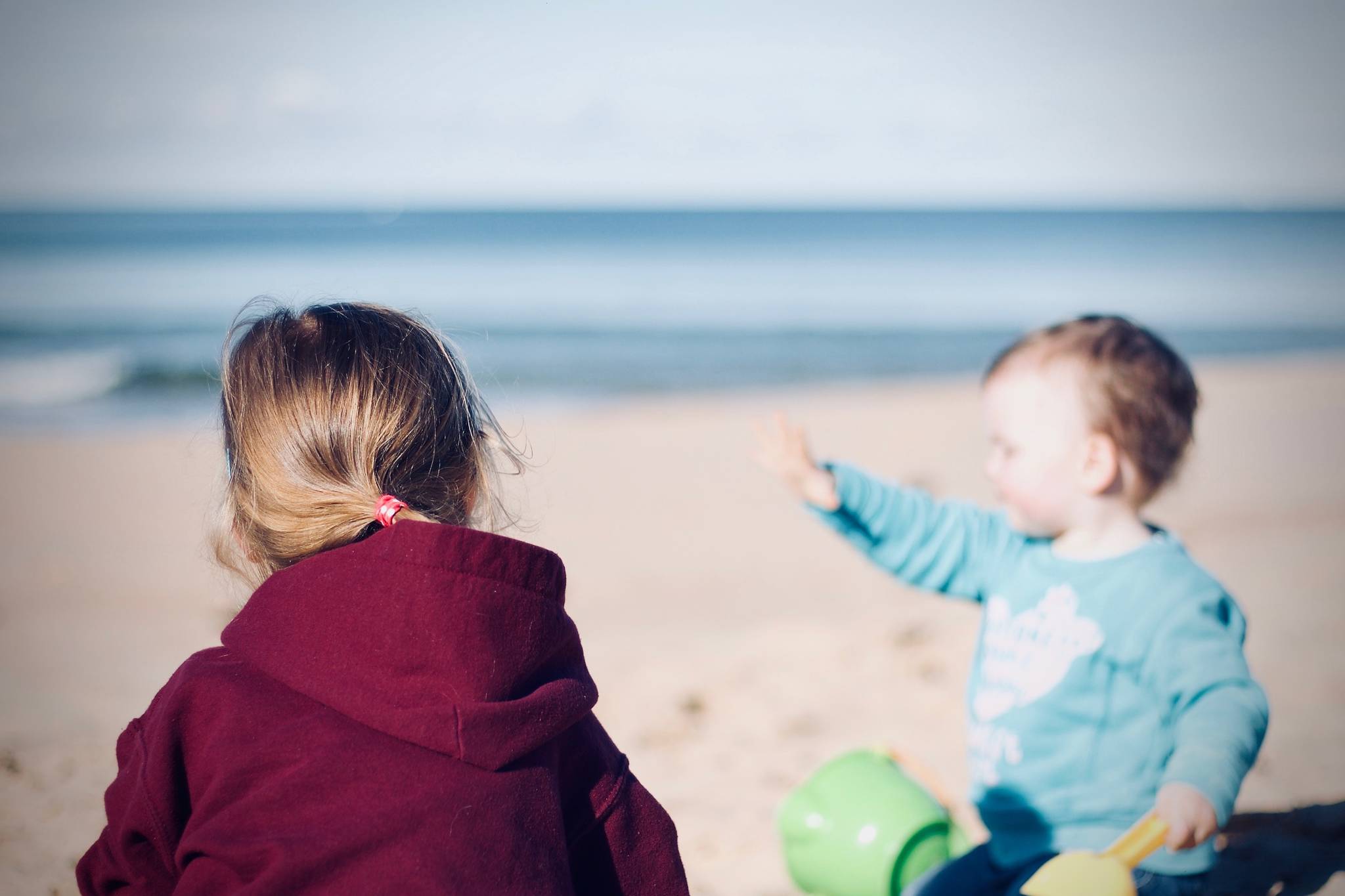I remember the first day I dropped off my daughter Jaime at day care, in the home of a work colleague on the Navajo reservation. All day long I had trouble concentrating. Now that little girl is a pediatrician, who had the following published in the San Jose Mercury News. Breaks my heart.
I remember the first day I dropped off my 14-month-old daughter at day care. Despite the bright room full of toys she was terrified. She cried the entire day. At pick-up I could still hear her frantic wail, “Mammaaaa!!!” Unlike Antonio, once safe in my arms, she quickly calmed. Each day she cried less and played more. Our strong, consistent relationship helped her “cope.” She knew I would always come back.
What if I had not returned? What if Antonio had been “ripped from his mother’s breast while feeding him” to be housed in a “tender aged” detention facility? We know what happens.
When traumatic events are prolonged or repeated they become toxic. The physiologic stress response (fight or flight response) goes into hyper-drive: children panic, scream and look for the reassurance of a parent. If the stable parent relationship is missing, the hormonal stress response persists and changes brain structure with long-term negative consequences: growth delays, sleep disturbances, tantrums, attachment difficulty, learning disabilities and problem behaviors. What’s worse is the collective impact of each adverse childhood event may extend into adulthood with higher rates of substance use, anxiety, depression, diabetes, obesity and heart disease.
Antonio wasn’t separated, but he was detained with his mother. Soon after he developed breath-holding spells. When frightened, he stopped breathing, turned blue and passed out. He was never separated. For months he cried at night, even in his mother’s arms. His language development stopped. Any detention, even with a parent, is harmful.
The American Academy of Pediatrics (AAP) represents more than 66,000 pediatricians in the United States and has repeatedly opposed the detention of children. While the executive order signed by the president ends family separation and the recent court injunction mandates reunification, children remain separated and families now face indefinite detention.
Children are not silent when they are in distress. Listen to their cries and their pleas for “Papi.” They are asking for safety, for familiarity, for comfort. With a parent they can heal. Antonio is slowly learning to cope, rewire his stress response and adapt to a new life full of opportunity. Now in clinic, I get high-fives and hugs. The power of a loving, parent is remarkable.
Yet, I still can’t sleep at night knowing we could have prevented much of Antonio’s trauma. The pediatric and public health fields are rooted in upstream prevention: If you know lead is in the water, remove the water source. If we know separating and detaining children harms their development, stop the practice and find an alternative. Not July 11, not after the midterms, immediately. We don’t ask for a “deadline extension” when it comes to a child’s health because the stakes for Antonio and countless other children are just too high.
• Dr. Jaime Peterson is a pediatrician at Lucile Packard Children’s Hospital in Palo Alto, California.

